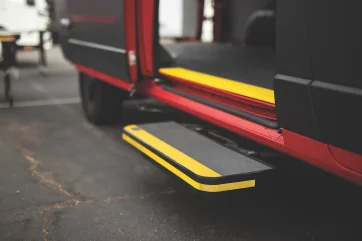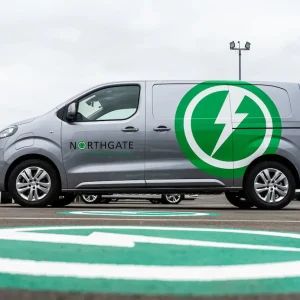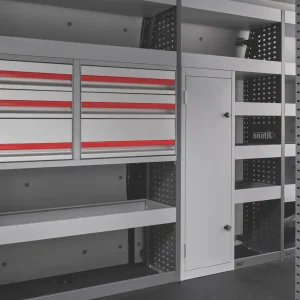
A heavy financial burden
Slip-and-fall incidents pose a significant financial and operational risk to fleet operators in the UK. According to the Health and Safety Executive (HSE), slips, trips and falls account for approximately 37% of all workplace injuries. These incidents cost UK businesses nearly £1bn annually in compensation claims, lost productivity and other associated impacts.
One key issue is employers’ legal responsibility under the Health and Safety at Work etc. Act 1974, which mandates providing a safe working environment. Failing to address slip hazards can be considered negligence, leading to expensive lawsuits and potential damage to your company’s reputation. Additionally, the compensation for workplace injuries can range from thousands to hundreds of thousands of pounds depending on the severity, not to mention the added costs of legal fees and administrative overhead.
The human cost
Beyond financial implications, slips, trips and falls carry a severe human toll. Around 50 fatalities occur annually in the UK due to such incidents, with falls from heights leading the statistics.
Even non-fatal injuries can result in significant pain, long-term disability, or emotional distress for employees.
For fleet operators, the risks are magnified. Wet or icy conditions, especially common from October to March, increase the likelihood of accidents during vehicle entry, exit or cargo handling. The emotional impact of these incidents extends beyond the injured employee, affecting morale across your workforce.
Disrupting operations
Each incident has a cascading effect on your operations. An injured employee can mean disrupted schedules, temporary replacements and slowed productivity. Administering workers’ compensation claims and adjusting operations to accommodate disruptions diverts valuable resources from core business activities.
In high-risk industries like construction and healthcare – where slips and falls are most common – the operational strain can be particularly pronounced, as these sectors often rely on timely, efficient deliveries and workflows.
Making your vans slip-proof
Flooring: The first line of defence
The flooring in your vans plays a vital role in preventing accidents. Upgrading to slip-resistant materials like LEGEND’s StabiliGrip flooring reduces risks significantly. These floors boast a high coefficient of friction (COF), with ratings of 0.85 when dry and 0.8 when wet – far exceeding the minimum 0.5 recommended by UK safety standards and the 0.6 standard set by the Equality Act for accessible surfaces. As the grippiest flooring solution on the market, Legend offers much-needed stability, significantly decreasing the likelihood of slips, trips and falls.
UpStep RS3: A safer step forward
The UpStep RS3, a retractable mechanical step with a non-slip surface, enhances vehicle accessibility while ensuring safe footing in wet or icy conditions. Its robust design supports heavy loads and minimizes maintenance issues, making it a reliable addition to any fleet looking to decrease the risk of slips, trips and falls.
Safety precaution = Operational protection
Preventing slips, trips and falls is not just a compliance requirement; it’s an investment in your business’s longevity. By incorporating high-quality safety upgrades like slip-resistant flooring and additional grip features, you safeguard your employees, protect your bottom line and ensure smooth fleet operations – even in the UK’s challenging weather conditions.





